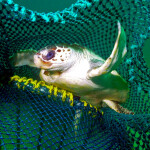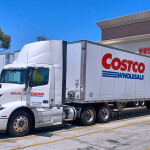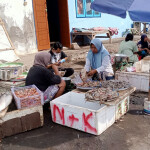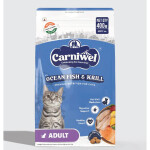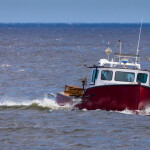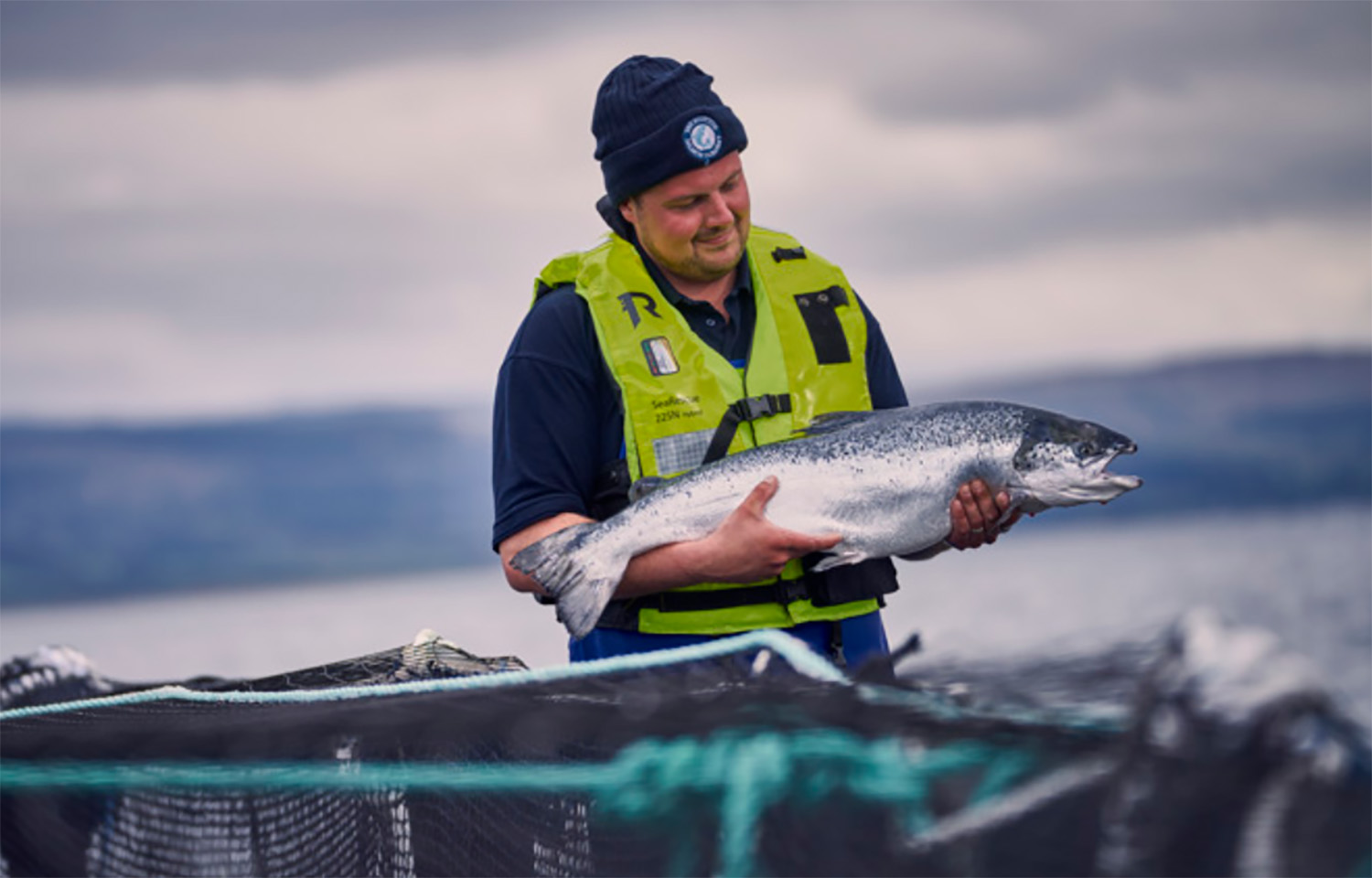Bakkafrost Group reported year-over-year increases in revenue and operational EBIT in Q2 2024, but a 28-day workers’ strike in the Faroe Islands that ran through 9 June impacted the company in the period.
Delivering the group’s latest financial report, Bakkafrost CEO Regin Jacobsen said the strike – the first on the islands in 20 years – led to 4,000 metric tons (MT) of Bakkafrost’s salmon being harvested post-strike at much lower prices and resulted in overall harvest volumes for the quarter being much lower than planned.
“A lot of fish moved from a higher price segment to a lower price segment,” he said.
While no imports into or exports out of the Faroes were allowed during the strike, an agreement that has been in place since 2008 exempting marine and freshwater production from such labor strikes enabled Bakkafrost to stock, feed, and care for its fish throughout the walk-out.
The group reported Q2 2024 revenues of DKK 2.1 billion (USD 314.4 million, EUR 281.4 million), up from DKK 1.7 billion (USD 254.4 million, EUR 227.8 million) in the corresponding period of last year. Operational EBIT for the period totaled DKK 388 million (USD 58.1 million, EUR 52 million), compared to Q2 2023’s DKK 353 million (USD 52.8 million, EUR 47.3 million).
The company's profits improved slightly, but still represented a loss of DKK 117 million (USD 17.5 million, EUR 15.7 million), compared the loss of DKK 123 million (USD 18.4 million, EUR 16.5 million) in the same period a year prior.
Its Farming Faroe Islands (FO) segment delivered quarterly revenues of almost DKK 746 million (USD 111.7 million, EUR 100 million) and an operational EBIT of DKK 206.1 million (USD 30.4 million, EUR 27.6 million), compared DKK 656.4 million (USD 98.2 million, EUR 88 million) and DKK 150.3 million (USD 22.5 million, EUR 20.1 million) in Q2 2023, respectively. It harvested 10,226 MT of salmon in the quarter, compared to 8,658 MT in Q2 2023.
Farming Scotland’s (SCT) revenues for the period increased 55 percent to DKK 861.3 million (USD 128.9 million, EUR 115.4 million), and its operational EBIT climbed 156 percent to DKK 132.6 million (USD 19.8 million, EUR 17.8 million). Its operations harvested 11,366 MT of fish, compared to 7,343 MT a year ago.
Bakkafrost’s Fishmeal, Oil, and Feed (FOF) segment reported revenues fell 8 percent to DKK 686.7 million (USD 102.8 million, EUR 92 million) in Q2, and its operational EBIT slipped 7 percent to DKK 112.4 million (USD 16.8 million, EUR 15.1 million). FOF produced 19,104 MT of fishmeal and 1,241 MT of fish oil, and its fish feed sales amounted to 32,949 MT, up 9 percent on a year previously.
In the quarter, the FO segment internally used 22,739 MT of feed, and the SCT segment internally used 9,885 MT.
Feed sales weren’t affected by the strike, according to the company, but FOF’s operations were impacted, with a cease in all imports and exports leading to some 60,000 MT of raw materials lost.
Strike aside, Jacobsen said the group was …

